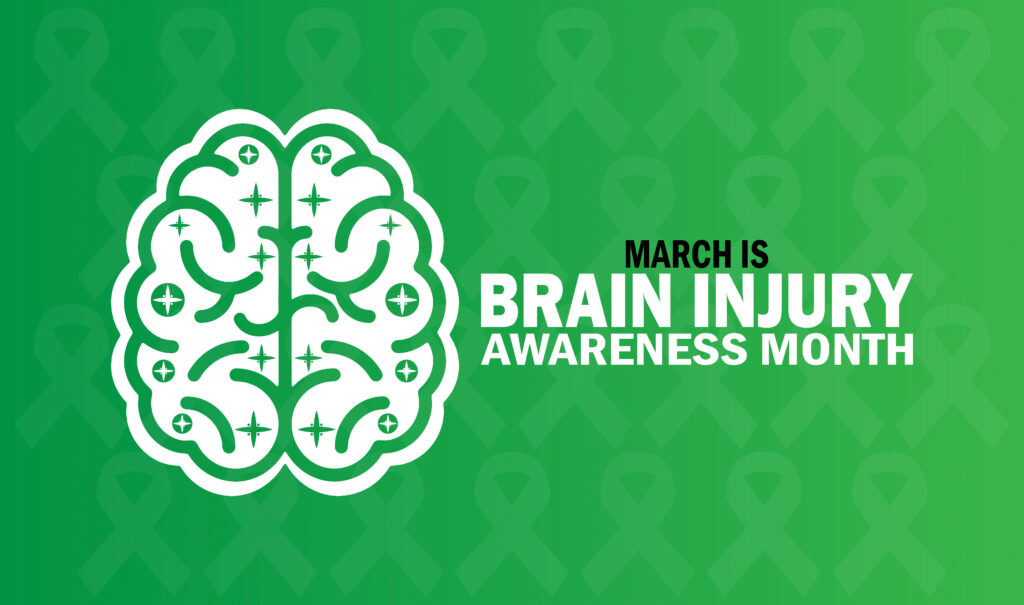Brain Health Awareness Month

March marks a pivotal time of the year dedicated to one of the most crucial aspects of our well-being: brain health. Brain Health Awareness Month serves as a compelling reminder of the significance of nurturing our brain, the command center of our body, responsible for every thought, movement, and emotion. This month-long observance is a call to action for individuals and communities to engage in practices and discussions that promote brain health, aiming to enhance the quality of life and prevent neurological diseases.
The Importance of Brain Health
The brain, a complex and dynamic organ, requires care and attention just like any other part of our body. Maintaining brain health is vital for ensuring a productive, fulfilling life and can significantly reduce the risk of cognitive decline and various neurological conditions, such as Alzheimer’s disease, Parkinson’s disease, stroke, and mental health disorders. Brain Health Awareness Month emphasizes the critical role of a healthy brain in achieving overall health and wellness, encouraging a proactive approach to brain care.
Key Strategies for Boosting Brain Health
1. Nutritious Diet
Eating a balanced diet rich in antioxidants, omega-3 fatty acids, vitamins, and minerals can protect the brain against oxidative stress and inflammation, which can lead to cognitive decline. Foods like leafy greens, berries, nuts, seeds, and fatty fish are excellent for brain health.
2. Regular Exercise
Physical activity increases blood flow to the brain and can stimulate the growth of new brain cells and connections, enhancing cognitive function. Aim for at least 150 minutes of moderate-intensity exercise each week.
3. Mental Stimulation
Keeping the brain active through learning new skills, hobbies, or languages can build reserves of brain cells and connections. Engage in puzzles, games, reading, or any activity that challenges your mind.
4. Quality Sleep
Adequate sleep is crucial for brain health, as it allows the brain to rest and remove toxins. Aim for 7-9 hours of quality sleep per night to support cognitive function and memory.
5. Stress Management
Chronic stress can damage brain cells and affect memory. Techniques such as mindfulness, meditation, deep breathing, and yoga can help manage stress levels and protect brain health.
6. Social Connections
Maintaining strong social ties can ward off feelings of loneliness and depression, which can adversely affect brain health. Engage in community activities, connect with friends and family, or join clubs that interest you.
Raising Awareness and Support
Brain Health Awareness Month also focuses on raising awareness about neurological disorders and the need for research and support. Participating in community events, educational seminars, and fundraising activities can help spread the word and support individuals and families affected by brain health challenges.
Conclusion
As we observe Brain Health Awareness Month, let’s commit to adopting and promoting practices that support brain health. By making informed choices about our diet, physical activity, sleep, and stress management, we can all contribute to a healthier, more vibrant future for our brains. Let’s take this opportunity to empower ourselves and our communities to prioritize brain health not just in March, but throughout the entire year.
